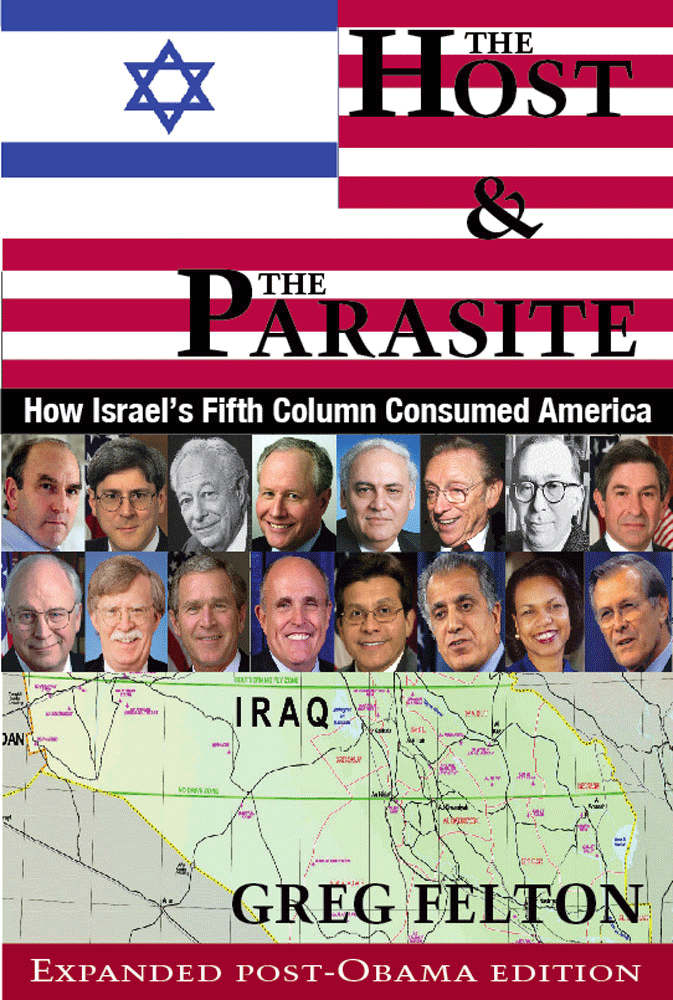(December 16, 2013)
On this date 360 years ago, Oliver Cromwell was made Lord Protector of England. What does that have to do with Christmas, you may ask? Well, the parliament of puritanical Protestants that he led tried to ban Christmas for being un-Christian. In 1645, four years before the execution of King Charles I, which ushered in the Cromwellian republic, a group of MPs created the Directory of Public Worship to purge the calendar not only of Christmas but of all holy days, while enforcing strict observance of Sunday worship. This hard-assed animosity toward Christmas (and human revelry in general) did not arise in a vacuum; it reflected a distaste among the more austere elements of British society for festivities and general human enjoyment. First, the Puritans condemned Christmas for being wasteful, extravagant, and immoral, and for not being consistent with the Bible. Second, the holiday was seen as a relic of Catholicism, which these Protestants detested. In place of the “popish” celebration of the mass of Christ, the parliamentarians substituted the more modest “Christ-tide,” which was to be accorded no more importance than any other observance. Despite the new intolerance, private Christmas festivities persisted throughout the Cromwellian period, and attempts to coerce shopkeepers into staying open on Dec. 25 provoked mass unrest. At length, the Puritan revolution failed, and after the Restoration of the Stuart monarchy in 1660, two years after Oliver Cromwell’s death, the Directory was dissolved and all related legislation since 1642 was declared null and void. The preceding historical sketch, taken from olivercromwell.org, might seem like a bit of trivia from a not-particularly-popular period of British history, but the idea of doing away with Christmas is not a wholly misbegotten idea. Even though the Puritans railed against Christmas traditions that bear little resemblance to ours—which owe their provenance mainly to Queen Victoria, Coca-Cola and Thomas Nast—our annual Jesusfest needs reform. It is commercially oppressive and morally hypocritical. Essentially, the Puritans had the right idea, but went about it the wrong way, though to be fair they could not have done otherwise. First, the “Spirit of Christmas” has to go. It’s a nonsense based on a myth. Why should we pay ritualistic obeisance to pious notions of “peace on Earth” and “goodwill toward men” when countries like Isramerica, Canada, and the U.K. deliberately foment war, impoverish their own citizens, and persecute those who try to do good? The sort of public services and entitlements that, for example, made Canada a civilized nation are being deliberately destroyed by a dictatorship that worships the law of jungle instead of the rule of law. “Goodwill toward corporations” would be more accurate but a lot less catchy. As for the futility of “peace on Earth,” we just have to look at the Middle East. Even though an agreement with Syria prevented an unprovoked aggression to unseat Bashar al-Assad’s government, there is no genuine peace because Congressional teabaggers are sabotaging a long-term deal so that they can justify an attack—for Israel’s benefit. Of course, what “peace” on Earth is supposed to be is never made clear, unless it means the peace of the grave. How, in the absence of a meaningful mechanism to make governments and corporations accountable to the law and some standard of human decency, does it make sense to parrot the sterile mantra of sentimental self-delusion once a year? Besides, after Christmas it’s back to business as usual, and war is good business. The empty slogans of “The Christmas Spirit” should stick in our throats, especially the throats of those neo-Puritans who are leading the march to murder. The second reason to dispense with Christmas is consumerism. Given that 40 per cent of all business revenue occurs during Christmas, gift-giving and personal indebtedness is more of an economic obligation than an expression of personal volition. From the end of November until the end of Boxing Day…er, Boxing Week (shudder!) our senses are besieged, assaulted and battered by the din of the same, tedious Christmas carols and advertisers exhorting us to spend, spend, spend! This is not celebration; it’s noise pollution. Santa Claus, which in spirit predates Jesus by thousands of years, is the great marketing gimmick reinvented by Coca-Cola that makes this overconsumption possible. In Canada, the annual waste from wrapping paper and shopping bags amounts to about 545,000 tonnes, to say nothing of the wasted natural resources that went into the overmanufacturing of toys and other items that would never have been bought had it not been for the institutionalized bribery of sales. Waste, extravagance and immorality, which so bothered the 17th-century Parliamentarians, should bother everyone today. Some American wag coined the term Black Friday to mark the U.S. Thanksgiving sales orgy. Maybe Black Christmas is inevitable. As a public religious observance, therefore, Christmas needs to be replaced by a non-moralized, non-commericalized, non-absurd celebration that doesn’t force us to believe in unreality. The original pagan Yule festival of celebrating the return of the Sun after the shortest day of the year is reason enough for a winterfest and small-scale gift-giving. It also doesn’t require us to lie to ourselves.
| |||||||||||||||||||

